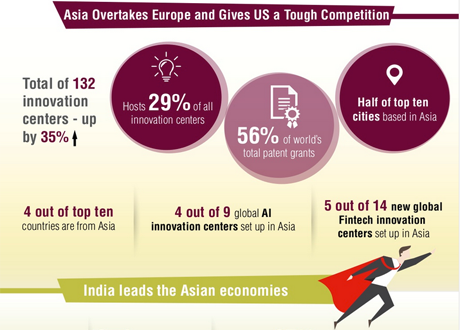‘Collaborative Synthesizim’ and Innovative Nations
In an increasingly interconnected world, those individuals, sectors, and nations who can master collaborative synthesis will emerge as alpha-innovators. Through "collaborative synthesizim", the use of highly-integrated, progressive technologies working in synchronization will drive innovative practices, encourage new ways of thinking, and present new challenges.










